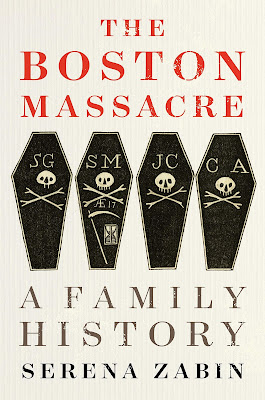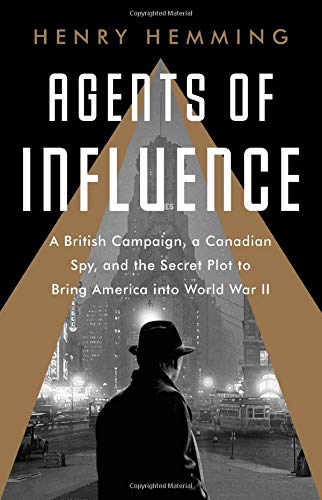The Boston Massacre: A Family History, by Serena Zabin ⭐⭐⭐

The author of The Boston Massacre: A Family History presents an interesting thesis, that the amount of social interaction between the occupying British troops and American colonists turned the so-called “Boston Massacre” and the later Revolutionary War into “family conflicts”. According to the descriptive blurb, “… the Massacre arose from conflicts that were as personal as they were political. […] When soldiers shot unarmed citizens in the street, it was these intensely human, now broken bonds that fueled what quickly became a bitterly fought American Revolution. Serena Zabin’s The Boston Massacre delivers an indelible new slant on iconic American Revolutionary history.” In my view, this book fails to live up to its billing, as it never effectively identifies a causal relationship between the personal, social interactions which she describes in great detail, and the actual event – let alone the greater events that followed, and which eventually led to American independence. Ms Zabi
